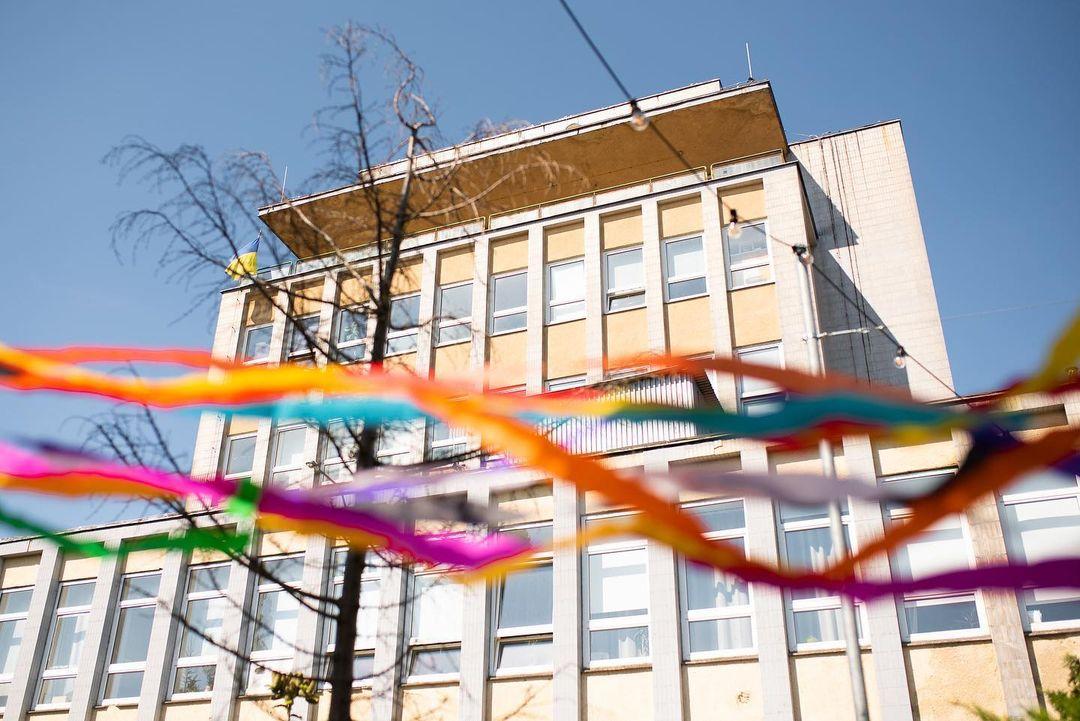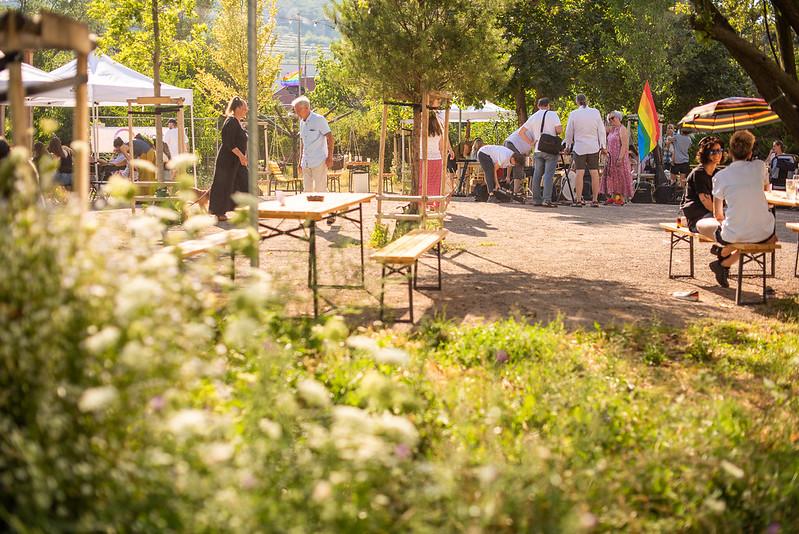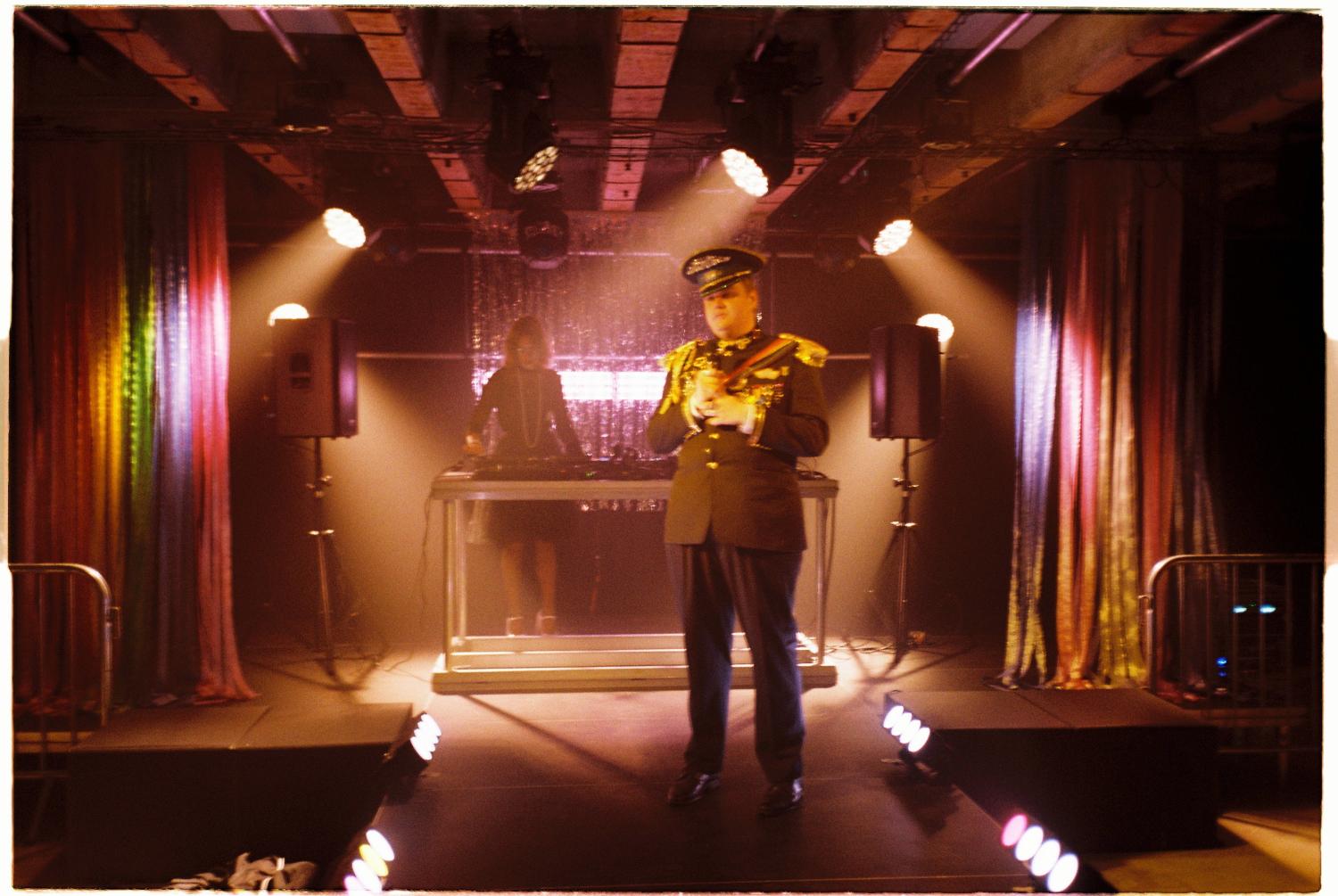
Safer spaces: an interview with Paula Poštolková, Head of Cultural Program & Booking at Nová Cvernovka (SK)

How can music venues become safer spaces for all visitors?
To answer this question, we talked with three different Liveurope venues to get their perspective on the topic and hear the solutions they found to make sure everyone can enjoy a great gig.
Creating a safer space for all was one of the core values of the founders of Nova Cvernovka. Read the interview with Paula Poštolková, Head of Cultural Program & Booking, to find out more about the venue’s ethics and how it’s reflected in their programming.
Check out the other interviews with Luke Teetsov-Faulkner, founder of Sveta (EE), and Naiara Lasa, Artistic Director of Sala Apolo (ES).
What actions do you have at Nová Cvernovka that make it a safer space? Can you tell us a bit more about what you do?
First of all, Nová Cvernovka is a cultural centre and a venue, so it’s a space for artists, but we also house a lot of NGOs. And as an organisation, we clearly state that we stand against nationalism, fascism, sexism, etc. I would say we are political because we react to everything happening around us.
Outside of Nová Cvernovka, there is a rainbow flag, a European flag and a big Ukrainian flag. So people around us know very clearly what our political views are. When you enter the venue, you also have Antifa, pro-reproduction rights or pro-LGBTQ+ signs, posters and stickers all over the place.
At the venue’s entrance, there is a board in Slovak and English that states that Nová Cvernovka is a safer space and that we are against violence and any signs of fascism or sexism. The organisers have the right to refuse access to people who show violent or sexist behaviour or if someone wears fascist symbols, for example.

Was that something that was always part of Nová Cvernovka’s DNA?
The people who started the project of Cvernovka were always activists; they were constantly trying to show what didn’t work in our system, our society, and all around us. Then, when we started the venue, we knew we wanted to make it a safer space.
Many of us had been event organisers before, so we knew that venues in Slovakia had problems with nationalism, fascism or neo-nazism. It was hard to find a security company that could provide people who didn’t have such political views. We couldn’t have LGBTQ parties and Neo-Nazis at the door. So my colleagues reached out to a group of people who we knew had similar values.
Do these values also impact your programming?
Nová Cvernovka is full of different NGOs working with immigrants or homeless people. We also have inclusion programs and we employ homeless people from poorer backgrounds. We help get them off the streets; we give them work and a home, since we also have housing and dormitories on the premises. When the Russian war against Ukraine started in February, we accommodated many Ukrainian refugees. We now have an organisation created by Ukrainian refugees that works with queer people from Ukraine.
Our programming reflects all of this. In club events and concerts, we do safer space activities. For example, last year, we had a queer Halloween party. During Halloween, the whole city is full of costumed people and parties, but there was never a place for queer people to have their own party. We do a lot of other queer events and activities with Pride in Slovakia. There are parties, of course, but also debates or theatre. We have a whole programme dedicated to debates; we tackle many different topics and work with all the NGOs around us.

People who come to Nová Cvernovka know your values and what you stand for. Does it also influence the public you attract?
Yes, of course. We’re a bit away from the city centre, in an industrial area with many blockhouses. Some people from the neighbourhood are not okay with our flags, and we receive some threats. But we collaborate with the police: we inform them when we have drag events; for example, we ask for their help to try and monitor the area in case there is any attempt at violence.
It’s pretty clear what we stand for, everyone’s not happy with it, of course, but that’s why we do it, no?
You said you do it naturally, but do you have some protocol to follow if certain situations arise?
We are currently talking about this because we know it’s our weak spot, and we would like to work more on it. For fascism, violence or racism, we are clear on what to do, but sexual harassment is a very sensitive topic here, and we’re still learning how to work on it.
For example, we don’t have a written protocol for our staff; for now, in our rules, it’s unclear who we should contact if a person is harassed.
When you receive such a diversity of artists, how do you make sure they feel safe?
We treat everyone sensitively, and it’s always about good communication. Our production manager is always there for the artists, and we try to show them our hospitality. We care about every artist the same way and always try to be very friendly and helpful.
For some artists, we also have guides, so someone who is with them the whole night and who can communicate with the production manager or other staff members.
What advice would you give to a venue that wants to start working on the topic?
It has to come naturally, it shouldn’t be done as a cool stamp. It needs to be discussed in depth and come from the heart. The first step should be to start the debate with your whole staff and ensure everyone is involved and on the same page. Maybe you’ll find that opinions diverge or that you have to explain some things in more depth. The bar staff and the security staff must be involved in the conversation because they are the first contact with your audience.
Whatever sign, flag or stamp you want to put up won’t have any impact if everyone is not on the same page.



























